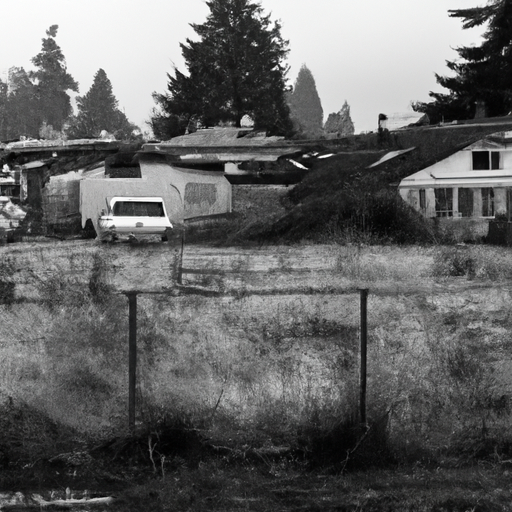An Urgent Call for Equitable Healthcare Amidst the Opioid Crisis
Canadian society’s perception of the opioid crisis fails to adequately recognize its devastating impact on First Nations communities. I recently came across an article from the Assembly of First Nations (AFN) that sheds light on this urgent issue.
The Hard Facts
The AFN has been vocal about the lethal effects of the opioid crisis in First Nations communities. The spread of opioids has intensified in these communities resulting in increasing numbers of homeless people, crime rates, and needless deaths due to opioid overdoses.
First Nations communities are more significantly impacted by the opioid crisis compared to the general Canadian population. This issue is mirrored in other Indigenous communities worldwide.
What is Being Done?
National Opioid Class Action
The AFN has initiated a national opioid class action lawsuit against opioid manufacturers and distributors. The purpose of this lawsuit is to compensate for the devastating impacts of the opioid crisis in First Nations communities. While it’s a necessary step, it’s not enough on its own.
Proposed Equitable Healthcare
AFN leaders have rightfully proposed the creation of an equitable healthcare system responsive to Indigenous needs. If implemented, this could alleviate the issues intensified by the opioid crisis, such as homelessness and crime rates.
Call for a Dedicated Council Meeting
The leaders have also called for a dedicated Council of the Federation meeting to address Indigenous priorities, which would offer a significant platform to discuss the opioid crisis’ impact on these communities.
Key Points from the Article:
- First Nations communities in Canada are severely affected by the opioid crisis with increasing homelessness, crime rates, and opioid-related deaths.
- The AFN has initiated a national opioid class action to address the crisis, but more needs to be done.
- Equitable healthcare responsive to Indigenous needs would help in alleviating the effects of this crisis.
- AFN leaders are calling for a dedicated Council of the Federation meeting to address Indigenous priorities.
In Conclusion
My takeaways from this insightful piece highlight the significant impacts of the opioid crisis on First Nations communities. While necessary actions such as the national opioid class action have been taken, the need for equitable healthcare representation and the call for a dedicated Council of the Federation meeting remain pressing.
Moreover, the distribution of naloxone kits – a medication used to counter opioid overdoses – should be ramped up in these communities to help save lives in the immediate term. It represents a small yet practical and potentially life-saving measure in managing this crisis.
Lastly, it’s clear that to successfully address this issue, Indigenous voices and needs must be central in the discussions and decision-making processes. Systemic issues like these require systemic solutions, and that starts with the community most directly affected: in this case, the First Nations communities of Canada.


